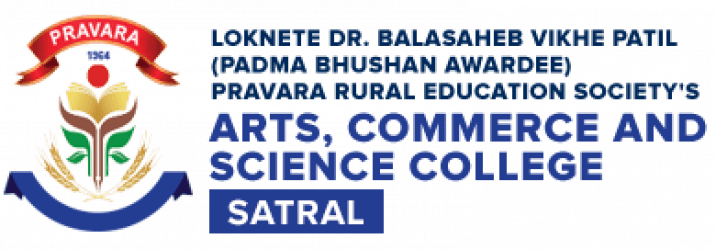IQAC Information
The institution has established an Internal Quality Assurance Cell (IQAC) on 1st September 2012. The institution has been accredited by NAAC with A Grade with CGPA 3.15 in 2012. The institution also opted for Second Cycle of NAAC with B++ Grade with CGPA 2.87 in 2018. IQAC contributes to Institution as:
- Helps in preparation of academic calendar.
- Helps in executing activities related to teaching-learning proposed by departments.
- Takes monthly review of the Heads of the departments regarding teaching-learning.
- Takes review from students for academic activities and infrastructural facilities.
- Helps in organizing different National/Regional Seminar, Conferences and guest lecturers in co-ordination with organizing departments.
- Motivates students to improve their participation in cultural and sports activities at University level.
- Preparation of the Annual Quality Assurance Report (AQAR) as per guidelines and parameters of NAAC, to be submitted to NAAC.
Objectives:
The primary aim of IQAC is:
- To develop a system for conscious, constant and eclectic action to improve the academic and administrative performance of the institution.
- To take proper initiatives for quality improvement through best quality culture and institutionalisation of best practices.
Strategies:
IQAC shall evolve mechanisms and procedures for:
- Ensuring timely, efficient and progressive performance of academic, administrative tasks;
- The relevance and quality of academic and research programmes;
- Optimisation and integration of modern methods of teaching and learning;
- Ensuring the adequacy, maintenance and proper allocation of support structure and services;
Functions:
Some of the functions expected of the IQAC are:
- Development and implementation of quality benchmarks for various academic and administrative activities of the institution;
- Encouraging learner-centric environment;
- Obtaining Feedback from students, parents and other stakeholders on quality-related institutional processes;
- Dissemination of information on various quality parameters of higher education;
- Organisation of inter and intra institutional workshops, seminars on quality related themes and promotion of quality circles;
- Documentation of the various programmes/activities leading to quality improvement;
- Acting as a nodal agency of the Institution for coordinating quality-related activities, including adoption and dissemination of best practices;
- Development and maintenance of institutional database through MIS for the purpose of maintaining /enhancing the institutional quality;
- Development of Quality Culture in the institution;
- Preparation of the Annual Quality Assurance Report (AQAR) as per guidelines and parameters of NAAC, to be submitted to NAAC.
